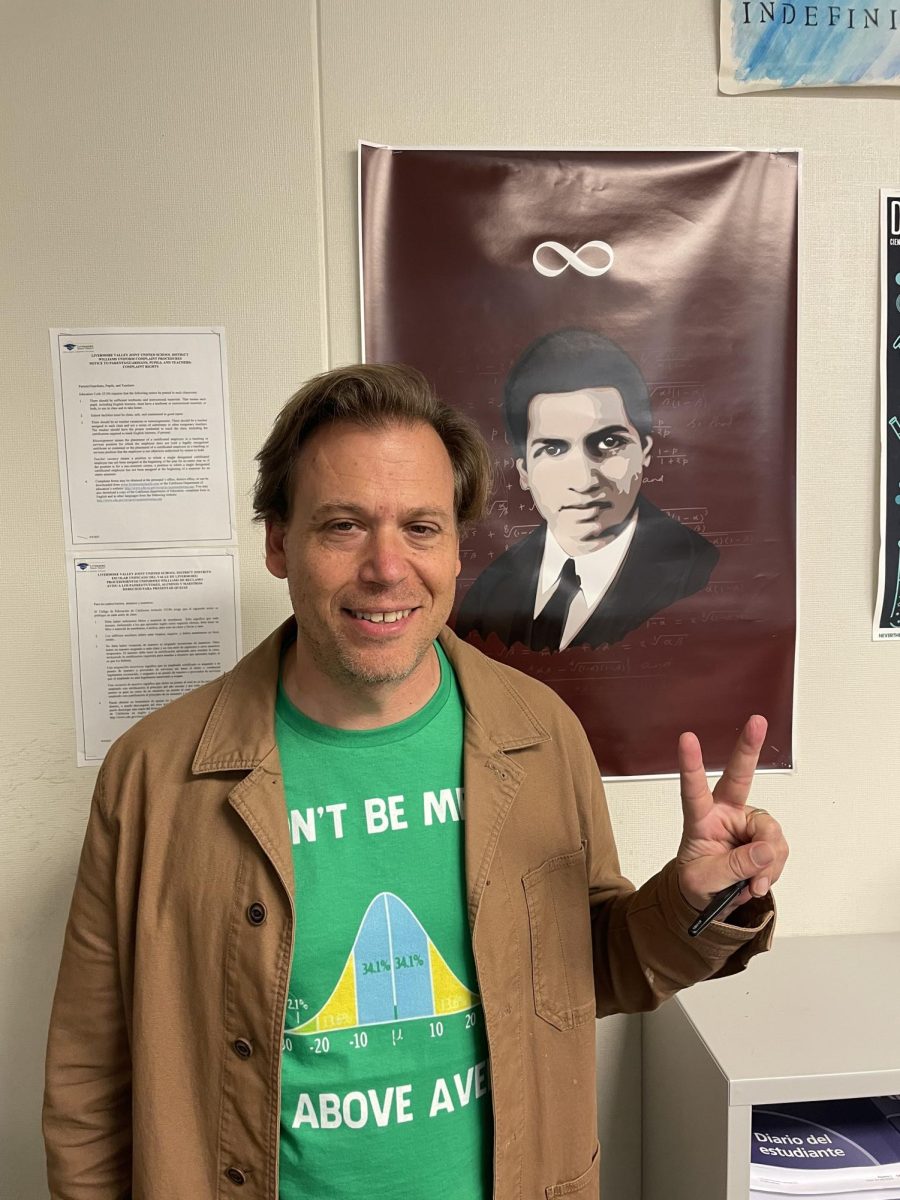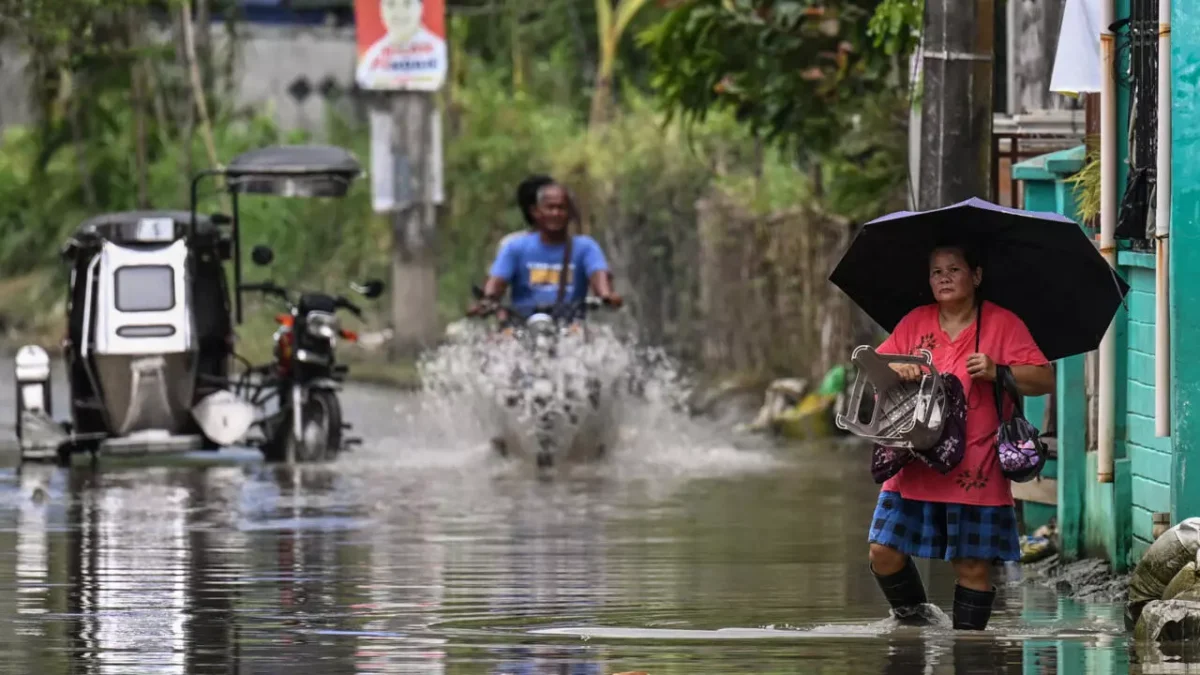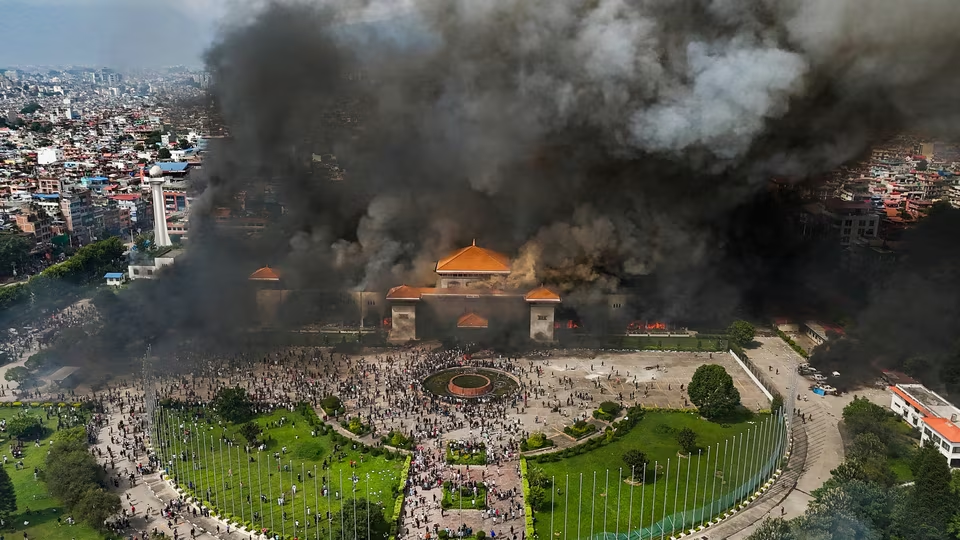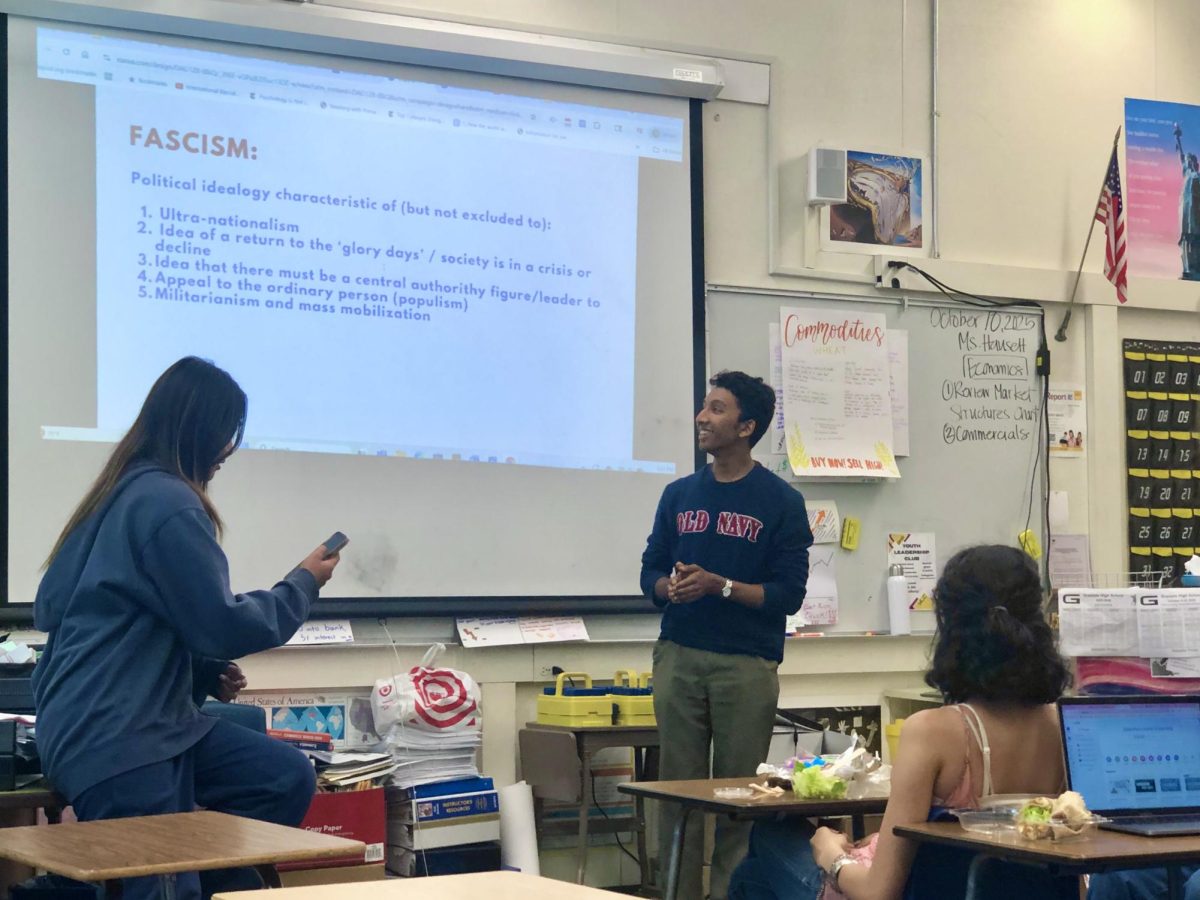An average of 34 U.S. citizens are taken hostage by foreign countries each year under the suspicion of spying. Just this week five blameless U.S. citizens have been released from Iranian prisons as of Monday, September 18, and finally been reunited with their families after years of detainment.
It all began with Iran’s nuclear program, which was an ongoing scientific effort to research nuclear technology to create more powerful weaponry. The project had a variety of research sites, two uranium mines, a research reactor, and uranium processing facilities. This agitated other countries, as they feared Iran’s defenses could threaten their own security. So, in 2015, China, France, Germany, Russia, the United Kingdom, the United States, the European Union (EU), and Iran reached a Joint Comprehensive Plan of Action, otherwise known as the JCPOA. The plan was to ensure that Iran’s nuclear program would be exclusively peaceful.
However, former President Trump withdrew the United States from the JCPOA deal with Iran in 2018 because he believed it failed to deal with the threat of Iran’s missile program. A year later, Iran began ignoring its limitations on its nuclear program, stirring up tons of fear for citizens and leaders of other republics. Due to the lack of trust between nations, innocent traveling U.S. citizens were captured in Iran and sentenced to up to 10 years in prison on unsubstantiated charges of espionage. In this case, the longest one of the American citizens was imprisoned in Iran was for almost eight years.
In order to liberate the hostages, President Joe Biden was forced to make a deal with the Iranian government. They agreed to free the prisoners if he not only freed five Iranian prisoners in the U.S., but also transferred their nearly $6 billion in frozen assets, such as oil revenue, owed by South Korea. The assets were blocked in South Korean banks because of U.S. sanctions at the time. Biden agreed, under the condition that the money be put to humanitarian purposes. The names of the now freed detainees are: Siamak Namazi, a businessman who was held in Iran since 2015; Morad Tahbaz, an environmental activist detained in 2018; and Emad Shargi, who was arrested while visiting Iran in 2018. The other two reportedly wished to remain anonymous. This is just one of the examples of these sensitive situations that occur all over the world. By now many Americans are beginning to wonder when we began making deals with foreign nations for the safety of our citizens in the first place.
First and foremost, our country has always been making deals with other nations in order to release wrongfully detained Americans, and vice versa for others as well. It is a practice that has been ongoing for decades. The only difference now is our government is being honest about it. The majority of the detainments are carried out by countries with great power rivalries, such as ours, China, Iran, Russia and Venezuela. The rivalries are caused by the competition created by opposing nations for more wealth, influence, and power.
Due to years of paranoia and distrust caused by greedy, repeated offenses to further the power of one country over another, governments became very conscious of the possibilities of spies infiltrating and sharing their confidential plans. The issue here is this avarice greatly endangers innocent people all around the globe.
CBS News states, “… the number of Americans wrongfully imprisoned by foreign governments has been rising for more than a decade… Since August last year, 25 wrongfully detained Americans have been released, the largest number of American prisoners freed in one year.”
Yet, this is only the poll for Americans. Other people around the world are currently living out their days suffering in prisons for something they never did or intended to do. In the past, our government has been able to rescue our citizens while maintaining the ability to keep their affairs quiet, so as to not create mass panic for Americans. However, prices are going up and the lack of trust between nations is rising. We have had teetering relationships with countries for a long time.
U.S. State Department spokesperson, Mathew Miller, stated, “Iran was not going to release these American citizens out of the goodness of their heart. That is not real life.”
Furthermore, many U.S. citizens are giving President Joe Biden immense amounts of backlash for what they perceived as a ransom payment in order to appease Iran. Not only are people, and especially Republicans, extremely frustrated with the whole situation, but they are also now fearful of what Iran is capable of doing now that they have access to those $6 billion assets. It has stirred up much commotion for citizens who believe this deal could worsen the problem.
Although our government insisted the Iranian government use the money for humanitarian purposes, Iran’s leader, Ebrahim Raisi, disputes the condition.
“Humanitarian means anything the Iranian people need, so this money will be budgeted for those needs, and the needs of the Iranian people will be decided and determined by the Iranian government,” said Raisi.
After Raisi made the comment, the White House rushed to set the record straight. Although rising concerns that giving Iran access to the funds was unwise and could further endanger Americans are completely valid, the State Department has confirmed the U.S. could freeze the released funds again if Iran tried to spend the money in violation of U.S. sanctions.
Matt Miller told reporters for NBC News, “The money can only be used for humanitarian purposes, and we will remain vigilant in watching the spending of those funds and have the ability to freeze them again if we need to.”
This means the possibility of unintentionally allowing the Islamic government to buy even more weapons and proxies without permission is highly unlikely. Nothing other than stated has been proven yet, so for the meantime the government claims to have everything under control.
The current prisoner swap with Iran is just one of the various instances of unjust imprisonments for Americans across multiple countries. After the detainees’ reunion with their families, people have begun to raise questions about the security of their own families and loved ones. This time the situation seems to be mostly taken care of for now, but the fight is nowhere near over.


































